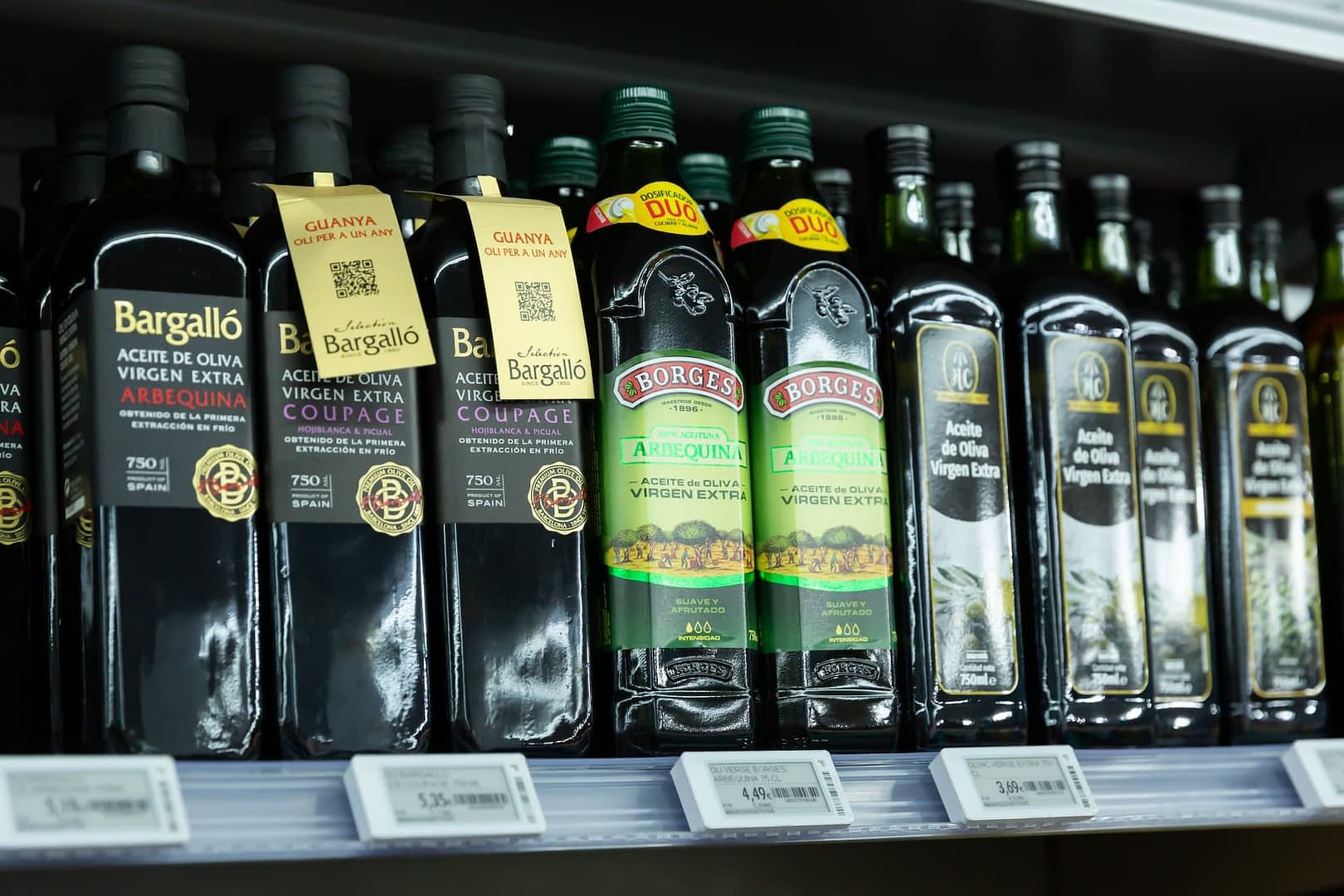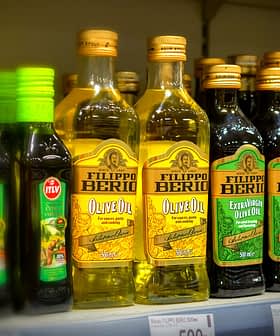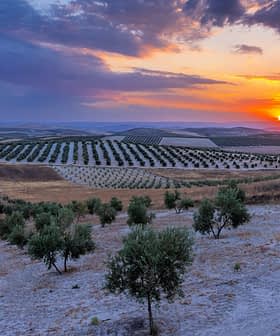 13.4K reads
13.4K readsNews Briefs
Why Olive Oil Prices Are Higher in Spain

Olive oil prices in Spain have surged to unprecedented levels, despite being the world’s largest producer, with retail prices higher than in other Western European countries. Reasons for the price difference include high demand in Spain due to cultural and gastronomic factors, timing of purchases by retailers, and taxation, with experts predicting continued price increases due to a drought affecting the 2023/24 crop year.
Olive oil prices in Spain have surged to unprecedented levels since the middle of 2020.
Despite being the world’s largest producer by a wide margin – even after a historically poor harvest in the 2022/23 crop year – prices are far higher than in other Western European producing countries.
A study published on September 8th by Spain’s Organization of Consumers and Users (OCU), a non-profit consumer price watchdog, confirmed that Spanish extra virgin olive oil prices at retail remain higher than in France, Italy or Portugal.
See Also:Olive Oil Thefts Rising in Mills and Supermarkets Across SpainBased on a study of 20 online supermarket chains, the OCU found the average price for white-label extra virgin olive oil in Spain to be €8.72 per liter, while the price reached €8.21 in Italy, €7.52 in France and €6.86 in Portugal.
Furthermore, the white-label brands included in the study from Portugal were Spanish extra virgin olive oils, making the finding that they cost 27 percent less even more surprising for the researchers.
The OCU researchers and other experts have provided several reasons why olive oil prices remain higher in Spain than other Western European producers.
One of the main reasons is the enormous demand for olive oil, which is deeply rooted in Spanish culture and gastronomy.
White-label product
A white-label product is a generic or unbranded item manufactured by one company but sold to other companies who can then rebrand it and sell it as their own. It allows businesses to market and sell a product without having to invest in its development or manufacturing.
In the previous five crop years (from 2017/18 to 2021/22, the last year for which a complete data set is available), Spain consumed an average of 530,000 tons per annum, making the country of 48 million people the world’s largest consumer.
Unlike other fats, olive oil is an irreplaceable ingredient in Spanish cuisine, contributing to consistently high demand.
According to Juan Vilar, a strategic consultant for the olive oil sector, consumers do not seek alternatives even when prices rise, instead opting to reduce their olive oil consumption.
This results in a steady stream of demand for olive oil from retailers even as supply diminishes, creating an imbalance that does not exist in other countries.
Another reason for the difference in olive oil prices between Spain and other Western European producers is the timing of olive oil purchases by large retailers.
According to Otilia Romero de Condés, the chief executive of the World Olive Oil Exhibition, many retailers outside of Spain made large olive oil purchases at the beginning of the 2022/23 crop year, when prices were much lower.
In contrast, retailers in Spain make smaller purchases throughout the year directly from mills – instead of brokers – meaning that retailers have paid more for the olive oil currently sold in stores.
“Spain is a very fast-rotating market for this product,” Rafael Pico Lapuente, the executive director of the Spanish Association of Olive Oil Exporters, Industry and Commerce (Asoliva), told El Periódico.
“That means that a bottle of oil will not be on the shelves for more than 15 days,” he added. “In other countries, olive oil is not consumed as much. A bottle, a brick or a can of this product can spend more than a year on the shelf.”
However, one of the most significant reasons for higher prices in Spain, cited by the OCU, is related to taxation.
In Spain, extra virgin olive oil is subject to a 5 percent Value Added Tax (VAT), similar to sales tax in the United States. Meanwhile, Portugal has eliminated VAT on olive oil, partially explaining the wide price gulf. In Italy, the VAT on extra virgin olive oil is 4 percent.
More generally, experts expect global olive oil prices to continue to rise as the Mediterranean basin’s unbreaking drought has cast a shadow over the 2023/24 crop year, which officially began on October 1st.
Officials in Spain expect production to remain below 1 million tons for an unprecedented second-straight harvest.
Depending on how harvests evolve in other major producing countries, the world may again wind up where demand outpaces supply, meaning prices could continue to rise throughout 2024.










